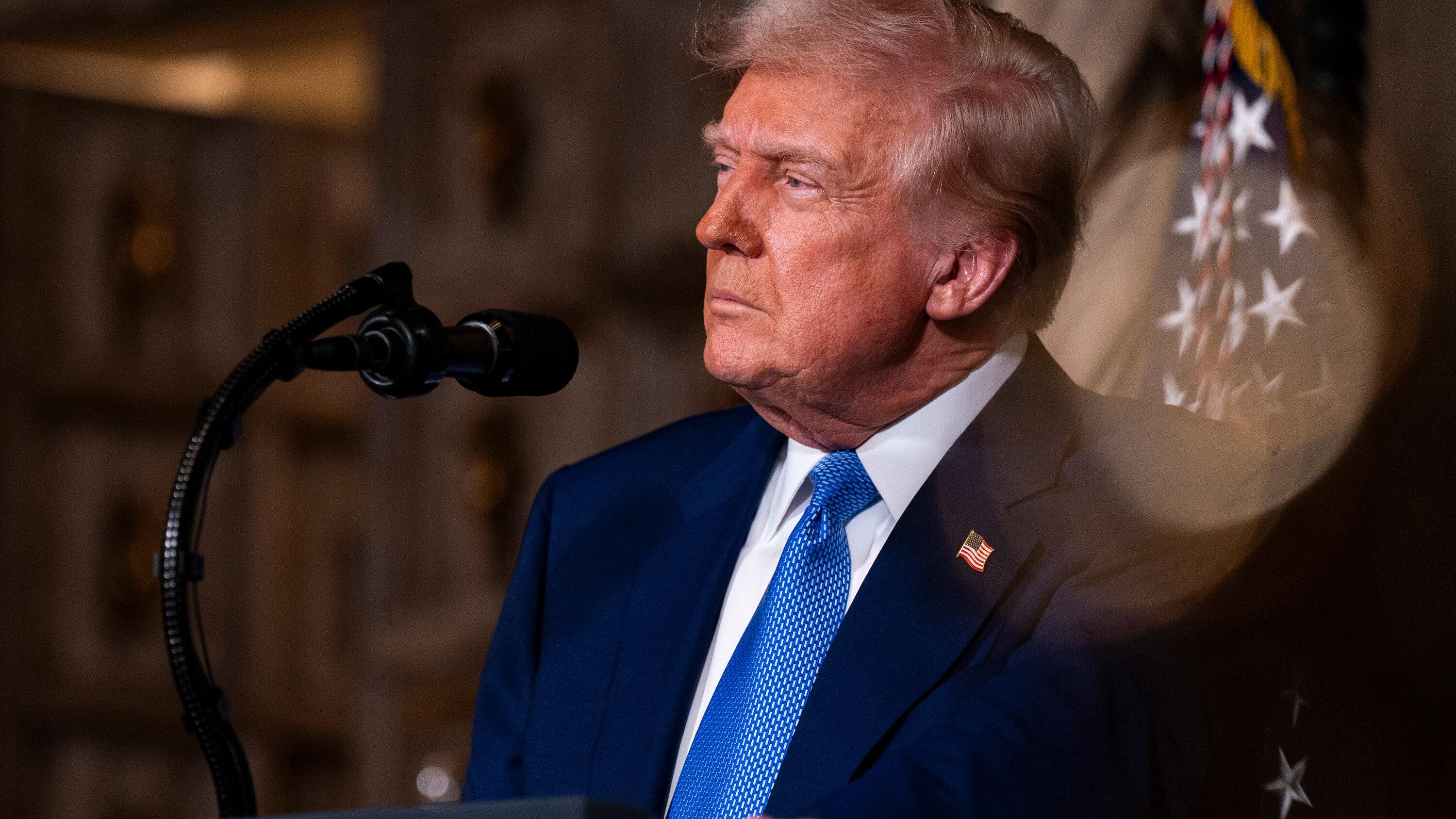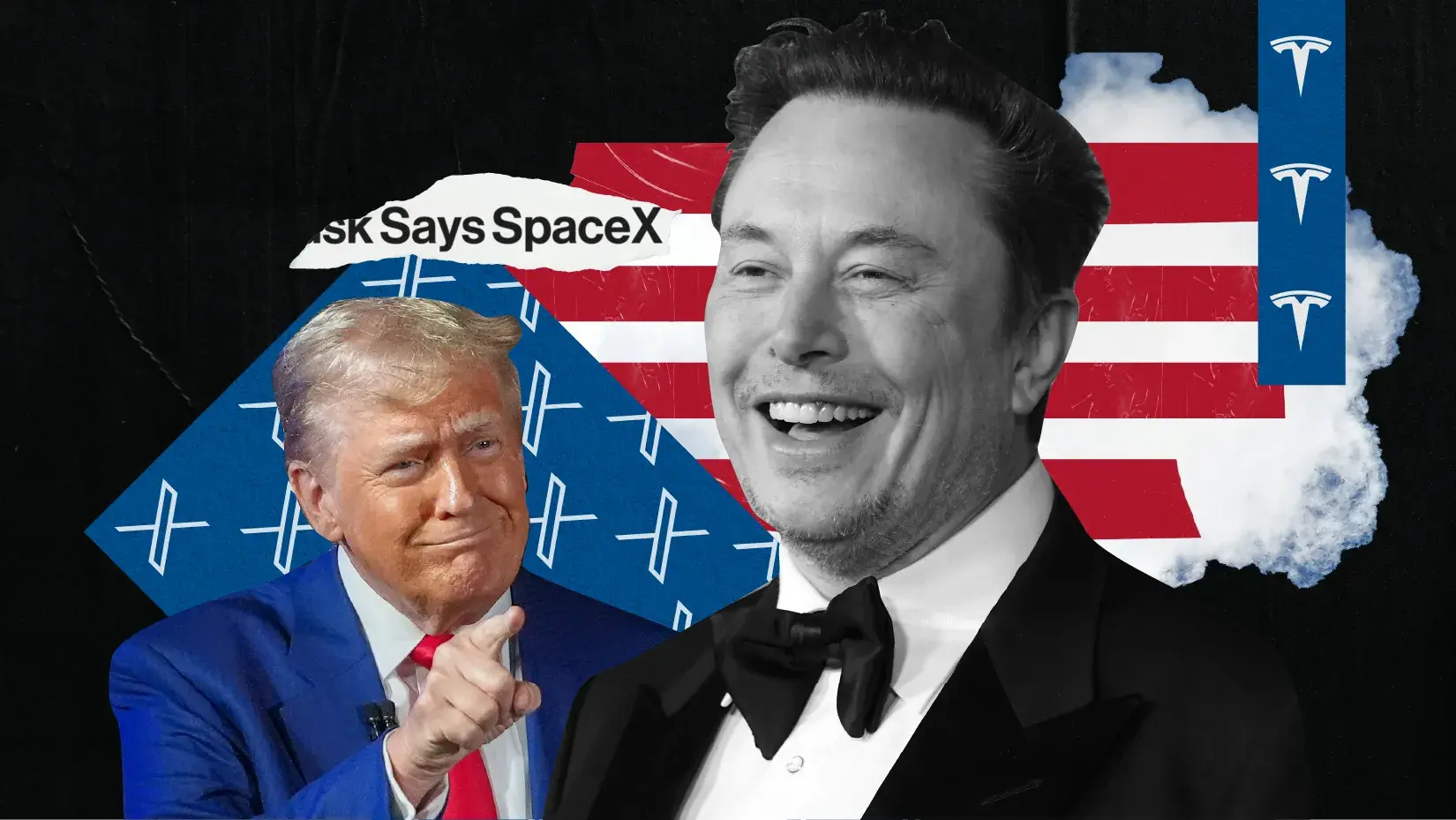Recent developments in U.S. politics have sparked intense debate, with Elon Musk’s exit from the White House marking a significant shift. Musk, who led the Department of Government Efficiency, stepped down after criticizing a Trump-backed tax bill for inflating the federal deficit. Despite Trump’s claim that Musk’s efforts would save $1 trillion, only $175 billion in cuts were identified, some later retracted. Musk’s departure, announced on May 29, 2025, was planned but hastened by clashes with senior officials. He remains an informal advisor, though his influence is waning. This move has fueled speculation about internal rifts within the Trump administration.

Simultaneously, a federal court struck down Trump’s “Liberation Day” tariffs on imports from China, Canada, and Mexico, ruling them illegal under the International Emergency Economic Powers Act. The decision, made on May 29, 2025, has eased trade tensions, with global markets rallying in response. The administration is appealing, but the ruling is seen as a setback for Trump’s protectionist agenda. Critics argue the tariffs harmed consumers, while supporters claim they protected American jobs.
Adding to the controversy, Health and Human Services Secretary Robert F. Kennedy Jr. canceled a $600 million contract with Moderna for pandemic flu vaccine development, including for H5N1. This decision, aligned with Kennedy’s anti-vaccine stance, has alarmed public health experts who warn of weakened pandemic preparedness. The move follows his push to remove COVID-19 vaccines from recommended schedules, raising concerns about future health policy directions.
Elsewhere, the FBI’s investigation into a June 1, 2025, attack in Boulder, Colorado, labeled a possible act of terrorism, continues to unfold. The suspect, accused of targeting a pro-Israel rally, is in custody, with the incident intensifying debates over free speech and protest rights. Meanwhile, unverified reports of planned anti-Trump protests and a supposed celebration of Pope Leo XIV on Trump’s birthday lack concrete evidence but reflect ongoing public discontent. These events, combined with Senator Mike Lee and Musk’s earlier proposal to bar Congress members from reelection if the deficit exceeds 3% of GDP, underscore a polarized political landscape. As legal battles and policy shifts continue, the administration faces mounting challenges in unifying its agenda and public support.






